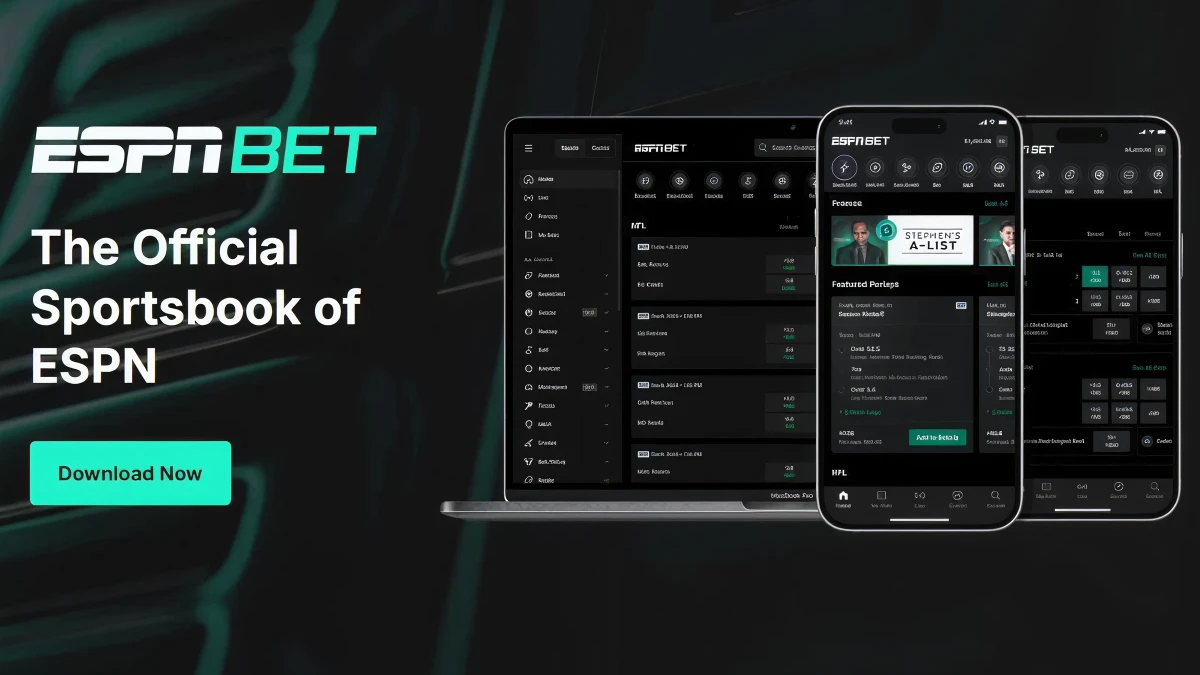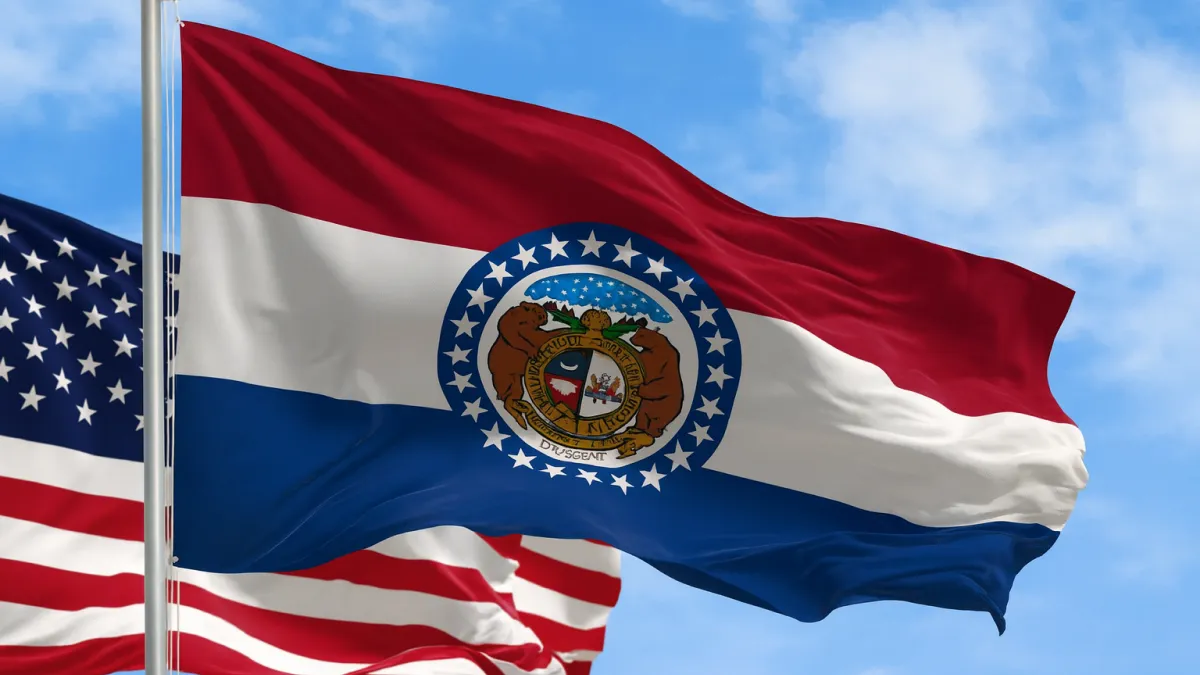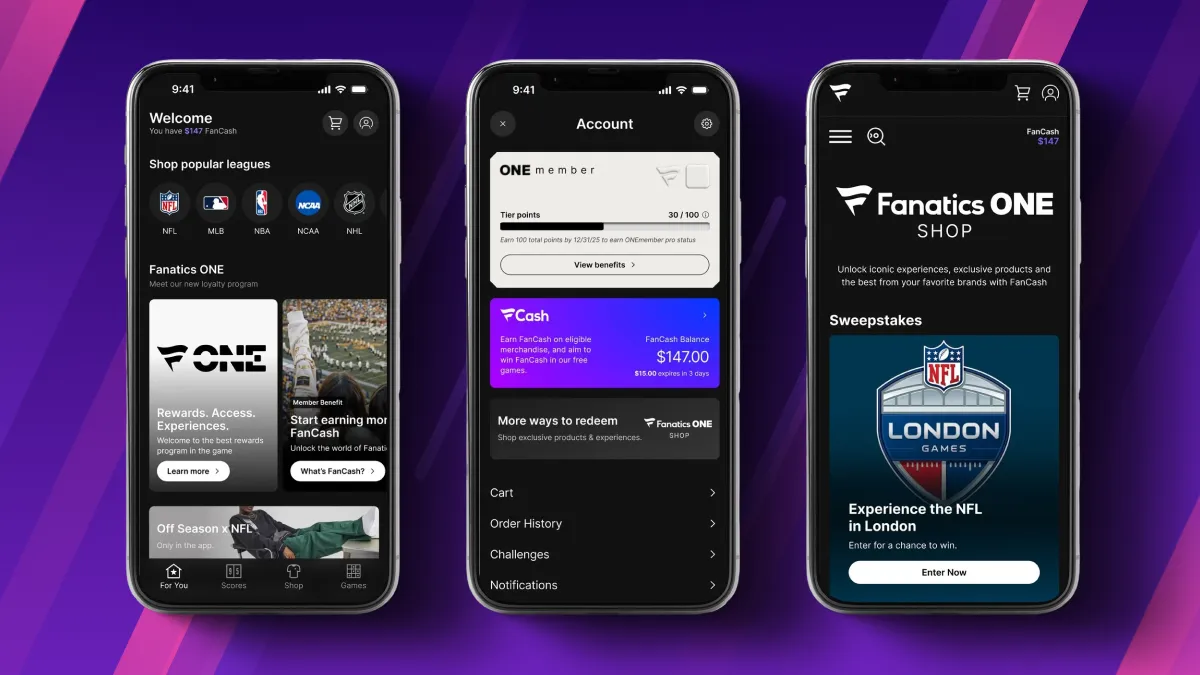North Carolina Proposes 36% Tax Rate for Sports Betting to Fund Education

1.0
Default
North Carolina's proposed budget includes a provision for the doubling of the tax rate for sports betting to 36%. Sports betting was launched in the state just in March of last year, and the tax rate was set at 18%. Now, the Republicans would like to increase the sports betting taxes to 36%, putting North Carolina just behind New York, New Hampshire, and Delaware, and on the same level as Pennsylvania.
North Carolina's booming online sports betting industry could soon face a steep hike in tax obligations, following a new Senate budget proposal that seeks to double the tax rate on sportsbook revenue.
Unveiled on Monday, the 2025 - 2027 fiscal budget includes a special provision to raise the state's sports betting tax from 18% to 36%. The proposal, spearheaded by the Republican-controlled Senate, would place North Carolina among the states with the highest sports betting tax rates in the country - tied with Pennsylvania and trailing only New York, New Hampshire, and Delaware.
If enacted, the move would dramatically reshape the financial landscape for the eight licensed online sportsbooks operating in North Carolina: BetMGM, bet365, DraftKings, Caesars, FanDuel, ESPN Bet, Underdog, and Fanatics.
Booming revenues prompt legislative action
North Carolina only legalized and launched online sports betting on the 11th of March, 2024, but early returns have far exceeded expectations. According to state data, sportsbooks paid over $135 million in taxes through March 2025 - an amount that blew past initial projections.
When sports betting legislation was first debated, state analysts projected that annual tax revenues would reach $100 million within five years. That milestone has already been surpassed in less than one year of operation, fueling calls to re-evaluate the tax framework.
The Senate's proposed tax increase is expected to generate significant additional revenue: $53.4 million more in fiscal year 2025-26 and $79.8 million in fiscal year 2026-27, according to budget estimates.
Boost for UNC System schools
Alongside the tax rate hike, the proposal includes expanded funding for University of North Carolina System schools. Currently, 13 universities receive $300,000 each from the betting tax pool, in addition to a 20% share of remaining revenues after initial distributions. Under the new proposal, each school would receive a minimum of $500,000, with larger institutions like UNC-Chapel Hill and NC State newly added to the list of funding recipients. Some schools could receive as much as $1.5 million annually.
This change is part of a wider effort by lawmakers to ensure sports betting revenue supports education and athletics across the state.
If the Senate's plan becomes law, North Carolina would join a growing group of states rethinking how they tax online sportsbooks. Illinois implemented a graduated tax rate last year, resulting in effective rates as high as 40% for industry leaders like FanDuel and DraftKings. Meanwhile, several other states have recently attempted - and failed - to increase their rates.
In Ohio, Governor Mike DeWine’s proposal to double the sports betting tax from 20% to 40% was stripped from the budget after intra-party resistance. Similarly, Maryland Governor Wes Moore's effort to raise the tax rate from 15% to 30% failed to gain traction. New Jersey and Massachusetts have also proposed tax hikes in 2025, with the latter considering a jump to 51%, matching New York's industry-leading rate.
Additional legislation on the table
While the budget is likely to pass, several other bills could also reshape North Carolina's betting market. One such bill, the Keeping Our Coaches Act, aims to allocate $11 million of the total sports betting tax revenue to fund high school coaching salaries, starting in the 2025 - 26 school year.
Another proposal, House Bill 828, would prohibit proposition bets on individual college athletes and restrict in-person betting at college sports venues during games. Introduced by Representative Marcia Morey, the bill is a renewed effort to protect student-athletes from potential exploitation.
As sports betting continues to flourish in North Carolina, lawmakers are moving quickly to ensure the state benefits from its early success. With record-breaking tax revenue and growing public investment in education and sports, the state appears set to become a model for how to manage - and maximize - a rapidly expanding online gaming industry.








_800x800.webp)











